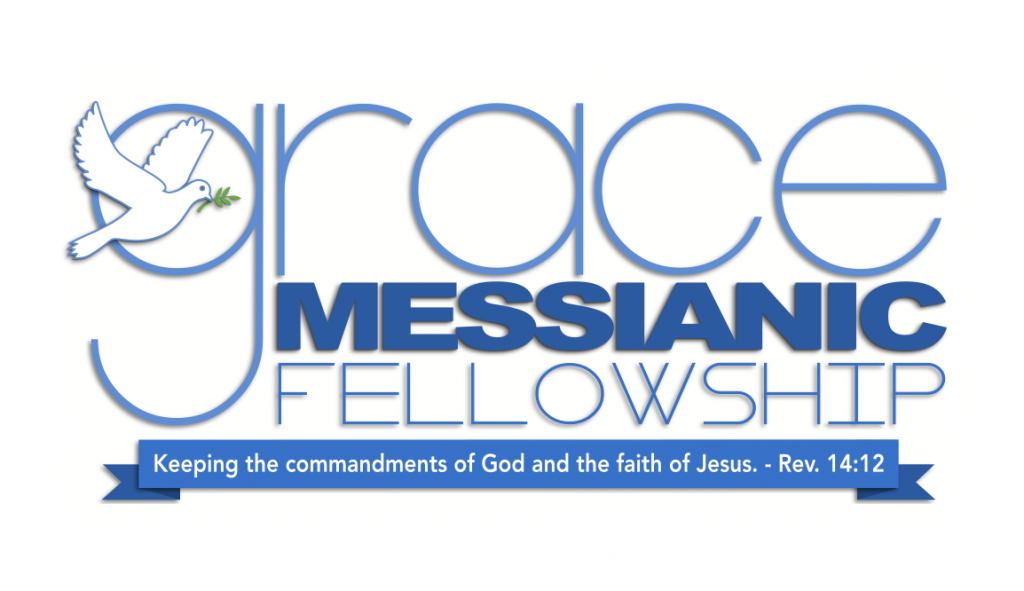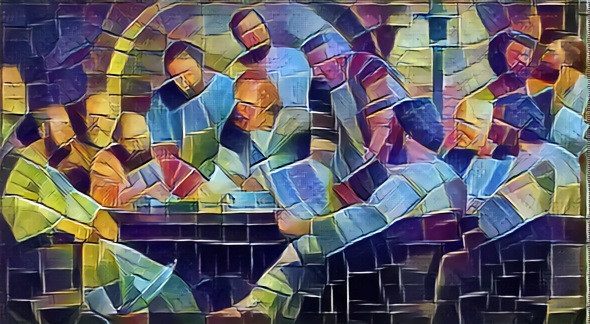By Art Cox
And upon the first day of the week, when the disciples came together to break bread, Paul preached unto them, ready to depart on the morrow; and continued his speech until midnight. – Acts 20:7, KJV
In the controversy over Acts 20:7, one of two interpretations is usually accepted. One interpretation is in defense of Sunday worship. The other, in protest to the Sunday idea, suggests it was a Saturday night meeting. Let’s take a look at these two interpretations.
Supporters of the first interpretation use Acts 20:7 as a significant scripture to support Sunday worship, which has been fully embraced by most of Christendom. The entire support for this view rests in the translation. Most translations translate it “And on the first day of the week, when the disciples came together to break bread.” First we must note that the word day is absent in the original language, which would then read “And on the first of the week.” The second point most do not realize is that in the original Greek text, Acts 20:7 reads “And on the first of [or, on one of] the Sabbaths.”
| Ἐν | δὲ | τῇ | μιᾷ | τῶν | σαββάτων |
| On | And | The | First, or One | Of the | Sabbaths |
You may ask, “If this is true, why do the translators translate sabbatwn (sabbaton, “sabbaths”) into ‘week’?” One idea is that people used Sabbaths as a way to mark seven-day weeks, like the Indians used moons. “We were there three moons”, or three months. With this thought in mind, one naturally understands Sunday as “the first of the ‘Sabbaths,’ i.e. ‘week.’ But as we have already pointed out, the word day is absent in the Greek text. Therefore one should not be quick to assume that “first” refers to any particular day, but possibly to a particular Sabbath, “the first of the Sabbaths” in a group of consecutive Sabbaths. But this doesn’t seem to make sense. The first of what Sabbaths?
Before looking further, let’s look at the second interpretation of Acts 20:7. There is modest yet significant support for believing Acts 20:7 refers to a Saturday evening service. This though also comes from the view that the Sabbath was used to measure the week. It’s not rendered Sunday, however, because the word day is absent, and it would really mean just after Sabbath, meaning Saturday night. The only problem here is that no matter how one looks at it, after sunset Saturday, it is the first day of the week, Sunday, for sunset marks a new day. The idea of a Saturday night service does very little to correct the misinterpretation, because it could still refer to the first day of the week.
So how can we correctly translate and interpret Acts 20:7 in its original context? First let’s examine this idea of the Sabbath being a time marker. Is this a biblical concept? In Leviticus 23:15f, the LORD tells Israel that at the time of the Passover season, beginning at First Fruits, they were to count off seven Sabbaths in a row, which is 49 days, and on the fiftieth day would be Pentecost. Thus they used the Sabbath as a measuring rod for the 50 days leading up to Pentecost. The bible does use Sabbaths as measuring marks, just as the Sunday and Saturday night views claim. It’s not this concept that has confused these two interpretations; the confusion comes from not looking at the proper context of Acts 20:7. Luke, the writer, is not thinking of Sunday or Saturday night. The gathering of Acts 20:7 was a Saturday Sabbath gathering. The meeting did continue on into Saturday night, but that is not the point. The point is that it was “the first of the [7] Sabbaths” between First Fruits and Pentecost.
In Acts 20:6, we are told that it was the days of unleavened bread, and in verse 16 that Paul was hurrying to Jerusalem for Pentecost. Two important things here: first, that First Fruits is begun; second, that Pentecost has not arrived yet. So the context of verse 7 is just after Passover and prior to Pentecost. The Sabbath was used as the measuring tool from First Fruits to Pentecost. So the most likely correct interpretation is that when the disciples gathered, it was “the first of the Sabbaths” in the counting off of the seven consecutive Sabbaths that lead to Pentecost.
We must never isolate a single verse from its context. We must realized that Luke is fully aware of the practice of counting the seven Sabbaths that lead to Pentecost, and it is with this simple practice in mind that he records Acts 20:7. It was on the first of the seven Sabbaths toward Pentecost when the disciples gathered together.





